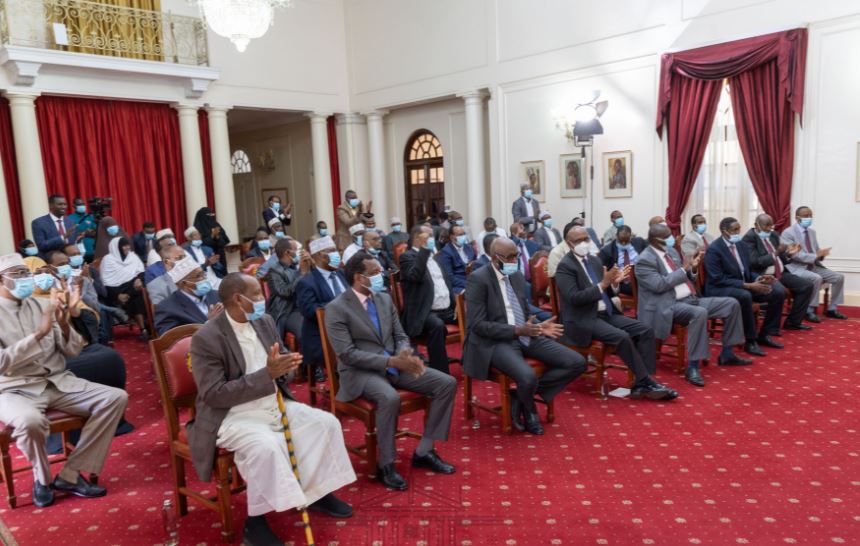 Majority of Kenyans have less than Sh1 million in their bank accounts, CBK Governor Patrick Njoroge has said.
Majority of Kenyans have less than Sh1 million in their bank accounts, CBK Governor Patrick Njoroge has said.
Mr Njoroge made the revelation when he appeared before the Parliamentary Committee on Finance on Tuesday. He told the MPs that less than 0.7 percent of bank accounts in Kenya have a balance of more than Sh1 million.
The CBK boss was defending banking regulations that require full disclosure of cash transactions exceeding Sh1 million.
Njoroge said the regulations as enshrined in Section 33c of Banking Laws are in line with the International Anti-money Laundering guidelines.
“The requirement to report any transactions above USD 10,000 (Sh1 million) or equivalent are contained in the requirements and provisions of the Proceeds of Crime and Anti-Money Laundering Act (POCAMLA) which was effected in 2010,” he said.
The CBK boss said if Kenya removes Section 33c of Banking Laws, there would be immediate and severe consequences such as the risk of Kenya being locked out of the global financial system, a move whose effects he termed as adverse.
”Consequences of doing away with anti-money laundering are harsh. Kenyan banks will be blacklisted in the international market with international banks operating in the country recalled. Kenya will be regarded as a safe haven for money laundering,” Njoroge said.
According to Njoroge, Kenya is particularly vulnerable because of its geography, advanced banking and financial sector as well as its characteristics of a largely cash-based economy.
“The war against corruption, money laundering and terrorism financing will be impaired if the requirements on cash withdrawals and deposits are weakened,” said Njoroge.
“The Goldenberg scandal is a good cautionary tale as we know it devastated the economy to the weakest we have ever been- GDP fell to the lowest in the entire history of our country. Several banks collapsed, prices of essential commodities rose significantly and inflation hit a record high,” he added.
Njoroge said only the CBK has the mandate to determine transaction limits and that the amendment to the Act followed all procedures as required by law.






